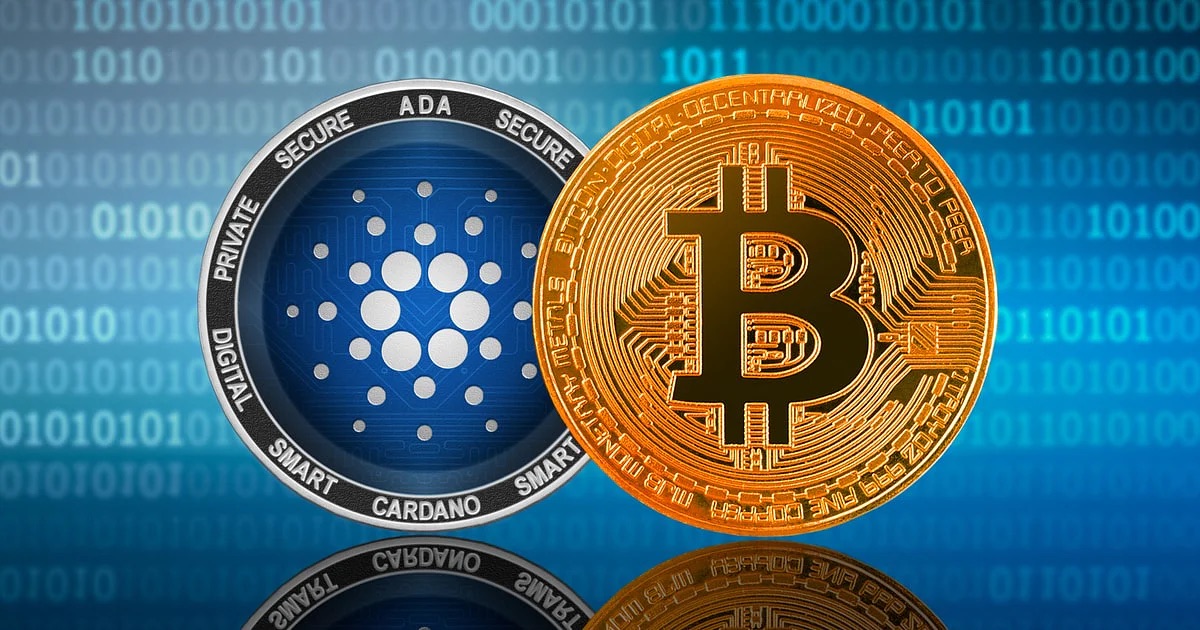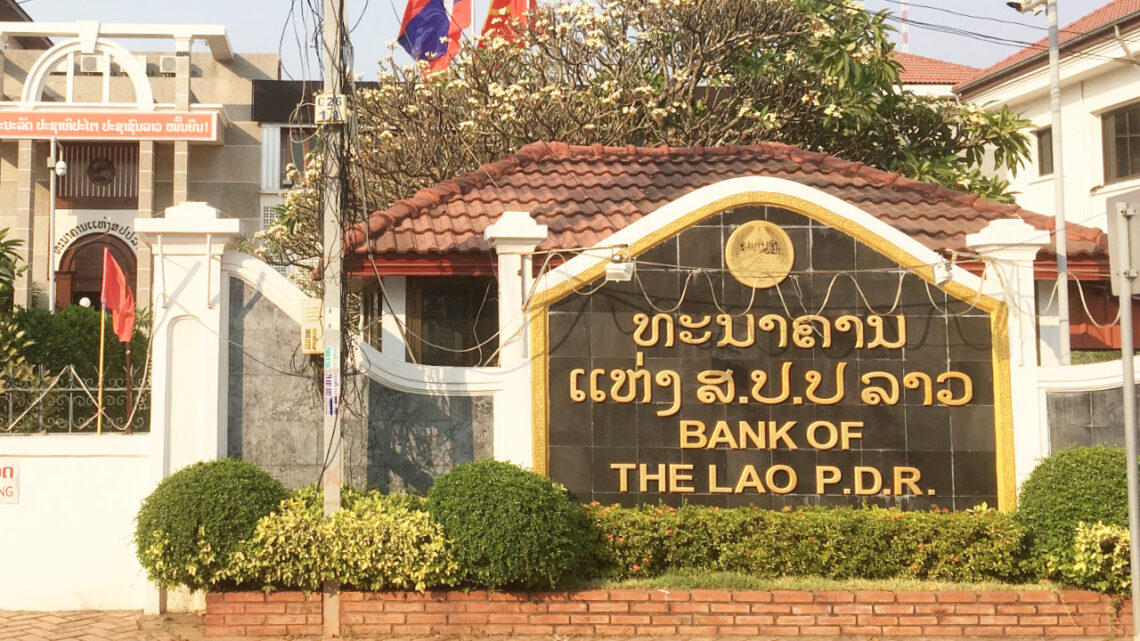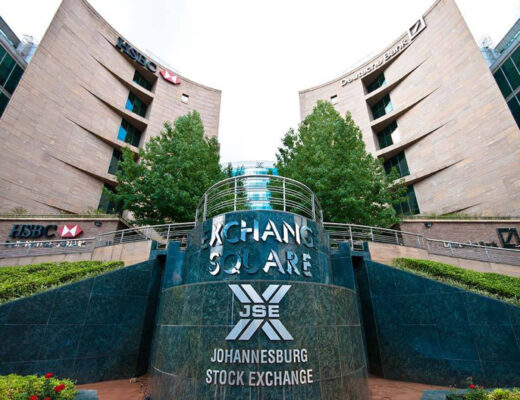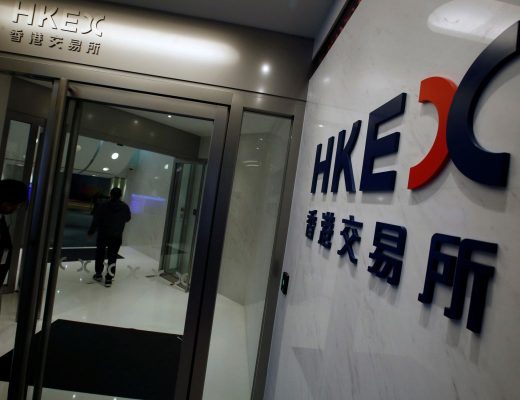Laos cryptocurrency exchanges received official permission to operate
The market for digital currencies is developing rapidly, and there is no doubt that this direction is extremely promising and competitive. Nevertheless, many countries still do not have a clear view on the use and creation of cryptocurrencies. Most often, states with developing economies demonstrate their loyalty to the market, hoping to attract investments in this way. For example, two crypto exchanges in Laos now have the legal right to operate in the country. The Central Bank issued the respective permission to the two companies.
Lao Digital Assets Exchange and Bitqik will now be able to conduct various cryptocurrency trading operations on their platforms. These companies have become the first in Laos to get approval from the regulator. At the same time, the activities of cryptocurrency exchanges must be carried out in accordance with the legislation and the requirements imposed by the government to this market.
It should also be noted that last November the Lao authorities gave their approval for digital money mining. To start mining, companies must first deposit $5 million with the Central Bank, the funds are provided in the form of a deposit. This rule was adopted to confirm the solvency of the company. In addition, wishing to engage in mining of cryptocurrency in Laos must pay tax, which is accrued on the income received and is 15% of it. In September 2021, the local government legalized the experimental use of cryptocurrency. As part of this, representatives of various sectors are allowed to mine and trade in digital money. Four companies from the construction industry, one from the technology industry and the state-owned bank JDB are among the participants in the experiment.
In September 2021, the local government legalized the experimental use of cryptocurrency. As part of this, representatives of various sectors are allowed to mine and trade in digital money. Four companies from the construction industry, one from the technology industry and the state-owned bank JDB are among the participants in the experiment.
Developed countries are also actively developing regulations for the use of cryptocurrencies, and in the European Union, its members are building relationships with the digital money market in very different ways. For example, Bulgaria recognized the legitimacy of bitcoin back in 2014. Crypto transactions are subject to a 10% tax. In the UK, however, there is still no clear position of the regulator on digital money. According to 2017 regulations, crypto is still not considered money, but only a combination of numbers. However, laws for the full operation of this market are still being developed, and cryptocurrency exchanges and transactions in them are being tested.
Germany recognized the legitimacy of cryptocurrency as a full-fledged means of payment in 2018. Moreover, purchases through it are not taxed. Denmark, Spain and Norway are actively working on legal mechanisms for cryptocurrency and have officially recognized it as a currency. In Latvia, however, such money is not popular, and so far the authorities do not see the need to update the legislation.










